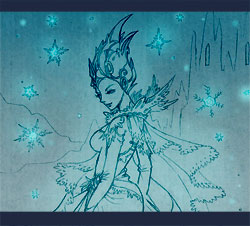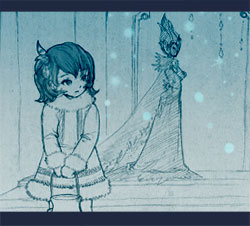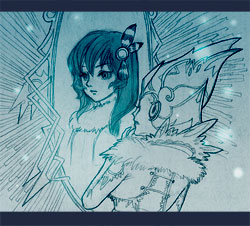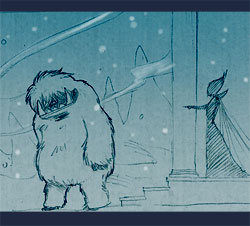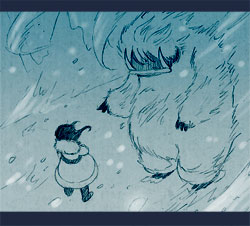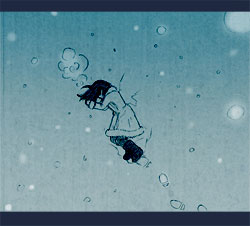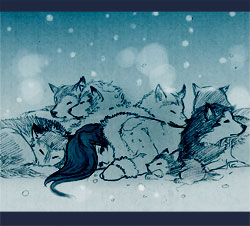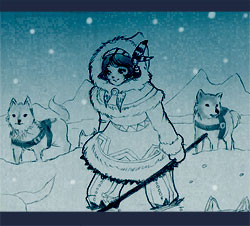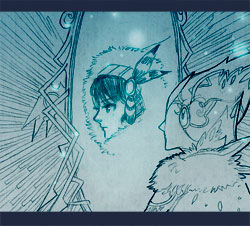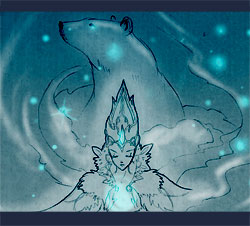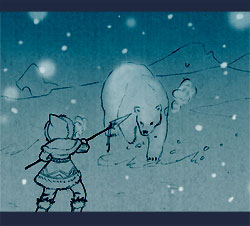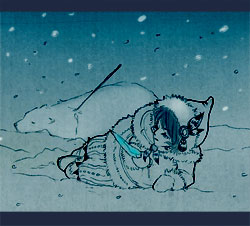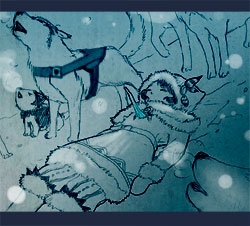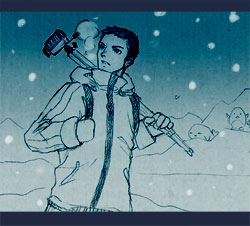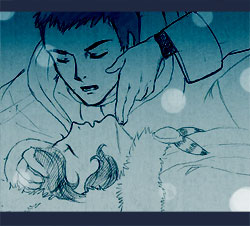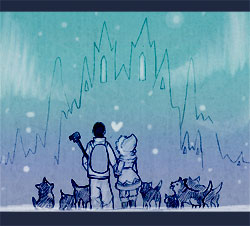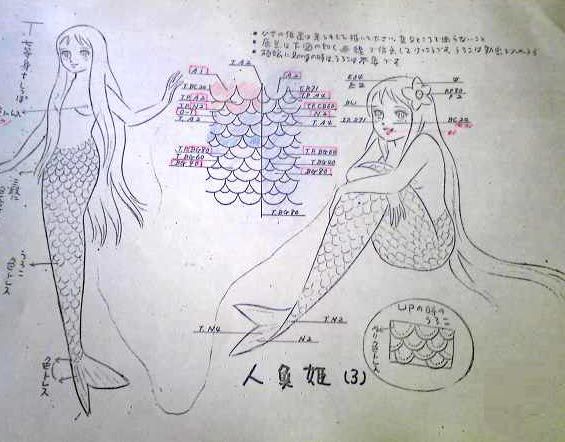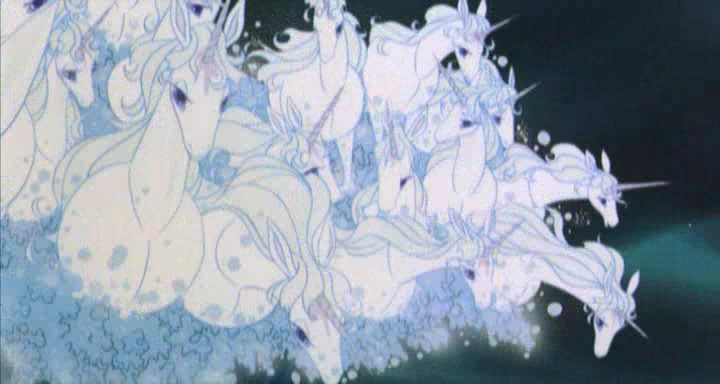 Upon first watching Revolutionary Girl Utena, an anime I'd always known by word of mouth, if not personally, I'm hopelessly hooked. Not only is it a twist on the traditional fairy tale, it's ripe with symbolism and grossly thought-provoking (like, your head hurts watching it after a while, trying to figure stuff out). Utena is the stuff critics dream of. It's just waiting to be harvested: the dichotomy of good and evil, gender stereotyping, and the multifaceted nature of appearances.
Upon first watching Revolutionary Girl Utena, an anime I'd always known by word of mouth, if not personally, I'm hopelessly hooked. Not only is it a twist on the traditional fairy tale, it's ripe with symbolism and grossly thought-provoking (like, your head hurts watching it after a while, trying to figure stuff out). Utena is the stuff critics dream of. It's just waiting to be harvested: the dichotomy of good and evil, gender stereotyping, and the multifaceted nature of appearances.
Utena is a beautiful adolescent enrolled at some sort of alternate universe academy. When she was a newly-orphaned child, a handsome prince appeared to her and told her to grow up big, strong, and noble. He gave her a ring, saying that it would lead her to him some day. Only the betrothal backfired. Instead of making Utena into the dewy eyed sleeping beauty, awaiting the arrival of her beloved prince amidst a curtain of thorns, Utena decided to become a prince.
This just grabs me. A prince! Adopting the stereotypical characteristics of the fairy tale prince, Utena dresses handsomely (gender-bender?), is always courteous, and is constantly on the look-out for the wronged hearts of tender maidens. Only she really cares. Despite her aspiration to prince-hood, she refuses to sacrifice her femininity often appearing unsure of herself, confused, innocent, especially sexually.
The basic tale unfolds as follows: a male classmate, who happens to be the president of the student council, slights Utena's friend. She challenges him to a duel, unknowing that in challenging him, she is asserting herself as a competitor for the shy but secretive "Rose Bride," another classmate called Anthy (what's really cool is that she's of Indian origin; yay variety!). In the typical prince-like accomplishment of prevailing against impossible odds, Utena wins the duel, winning Anthy as well. Technically, Anthy and Utena are now "engaged." And Utena has access to the mysterious power dwelling inside Anthy.
One might assume a chronically submissive female and a girl who thinks she's a prince cannot possibly equal a healthy relationship, straight or otherwise. But I think that people, particularly women, can learn something--or at least put the key into the lock of the door to learning--from these two. Every little girl has the first experience of the masculine. She has an awakening, or comes into a knowledge of, a sense of assertion or power. She can do. She can shape. Some women, I think, react according to personal qualms, insecurities, or societal constraints, believing that the only way they can know "the other" is through a man. And they wait like long-locked dames in towers for him to reveal himself to them.
But what about the other little girls, who, rather than joining the warbling chorus of "One Day My Prince Will Come," decide to be the prince? Who says we can't? Though maybe Utena's innocence is a sign (I haven't finished the series, so I can't say) that it's an idealistic but socially impossible goal. That a woman who claims to be prince is making herself vulnerable. While Anthy, the seemingly submissive one, has strengths and wiles of her own.
Interestingly, as the story goes on, it seems that both Utena and Anthy are the consorts of the prince figure. I wonder if the two are not halves of the same woman. Maybe they have to embrace each other, change each other, learn to love one another in order that they may be whole.
As much as it is anything, Revolutionary Girl Utena is a story about growing up. All of a sudden, a young woman "wakes up" and realizes that she is this foreign creature (a man? or perhaps her ripening femininity is foreign to her). Though the age of this awakening varies for individuals, I think it's universal, and most likely for men as well, though I can't speak for the other sex. She may fight tooth and nail for all she's worth, or she may lie down and let the world puppet her as it pleases, reacting as listlessly and with as much emotion as seaweeds floating on waves. Which is better? Or is it neither? And who's to say?
Or have I become an English major automaton, drilled into searching for critical meanings in every context, and am reading too much into it out of sheer force of habit?
One other thing that strikes me, and the I'll shut up: is it irony (or is there something to the fact) that the only person who can fulfill a woman's dream of the long-awaited prince is another woman?



